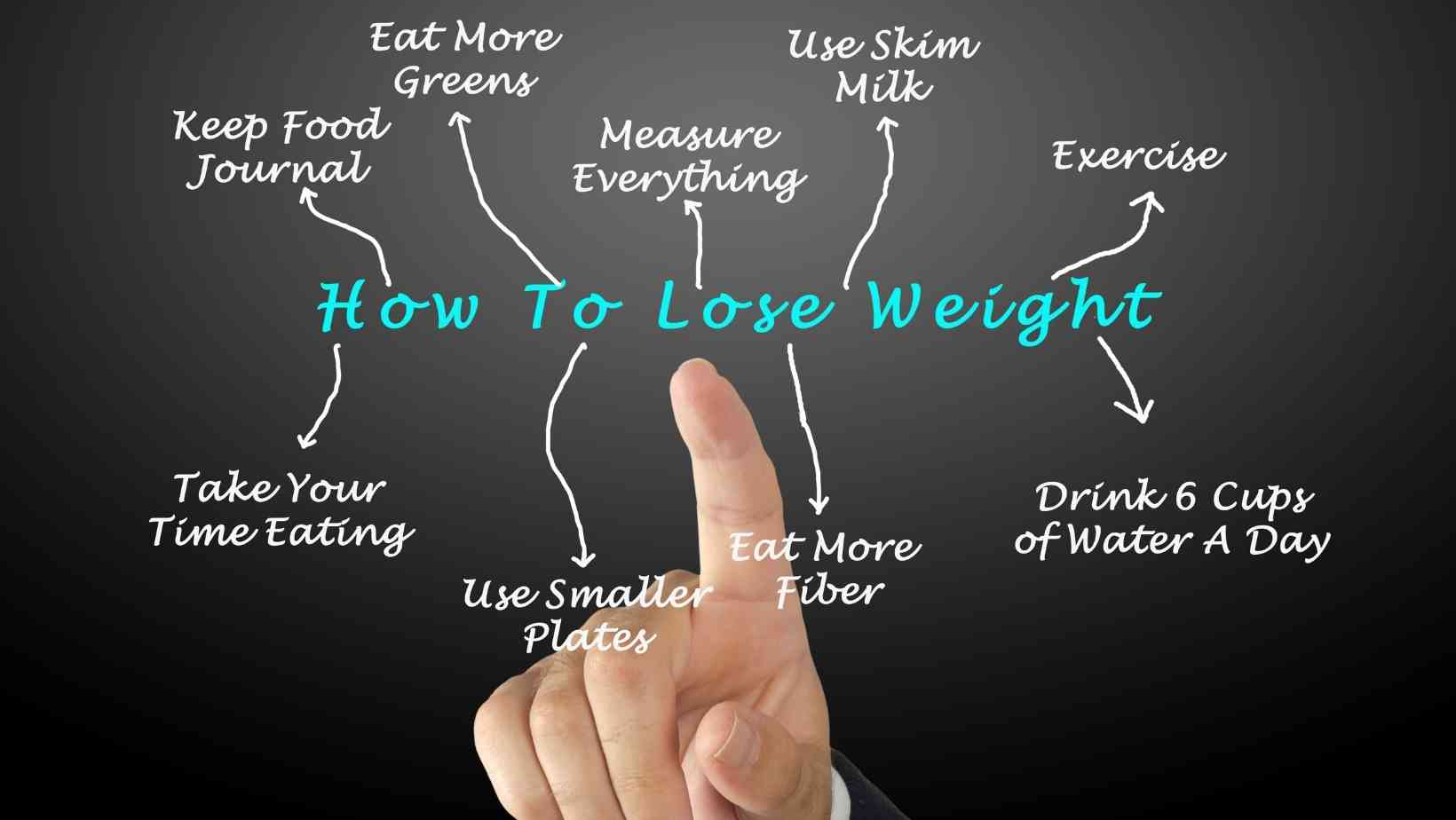We hear a lot about mindful eating these days—eating more slowly, thoughtfully, and without watching television will help you lose weight, and your health will benefit as a result. And there's definitely a lot of merit in what you're saying here. According to recent research published in the BMJ Open, persons who eat slowly, rather than gulping down their meal, tend to be less overweight. Additionally, they reported that slowing down their eating pace over time helped them lose some weight.
In their study, the researchers examined data from 60,000 adults with diabetes during a six-year time span. During routine checks throughout the years, they were quizzed on their personal habits, such as how quickly they ate, if they drank alcohol and their sleeping patterns. A question on eating supper within two hours of going to bed in the evening, snacking after dinner, and eating breakfast was also posed to the participants.

The trick to lose weight
Since childhood, we've been told to take our time when eating and to enjoy every piece of food. The practice of mindful eating has been shown to have several health advantages, including improved digestion, enhanced nutritional absorption, and increased enjoyment. It turns out that there is another reason why you should take your time when eating your meal: to lose weight.
How eating too quickly might result in weight gain
According to certain studies, persons who eat rapidly tend to weigh more than those who do not eat quickly. In comparison to individuals who eat slowly and really enjoy every mouthful of their food, quick eaters are 115 percent more likely to be fat, according to the research. Furthermore, eating at a quicker rate on a daily basis might result in weight gain over a period of time. After conducting research that included over 4,000 middle-aged individuals, it was shown that males who eat quicker and complete their meals faster acquire the highest body weight until they reach the age of twenty.
What role does slow eating play?
Eating slowly may assist you in losing weight in a variety of ways. First and foremost, it induces fullness, a cue that is frequently overlooked while eating in a fast manner and gulping the food down. When you strive to complete your meal as quickly as possible, you run the risk of overeating. This is due to the fact that our stomach does not have enough time to send a signal to the brain when it is full when we eat.
To begin with, chewing your meal properly before swallowing it will enable you to lower your calorie intake and lose weight faster. According to the findings of various research, persons who are overweight or obese do not chew their food effectively when compared to the general population. According to the data, persons who chewed 1.5 times more than usual reduced their average calorie intake by 9.5 percent, while people who chewed twice as much as usual reduced their average calorie intake by almost 15 percent.

How long do you think it should take you to eat your meal?
So, how much time do you think you should spend finishing your meal? This question is a little difficult to answer. According to research, chewing every mouthful for 30 seconds might minimize the likelihood of subsequent nibbling on unhealthy foods, but it can also decrease the pleasure of a meal. Surely, it is not what you desire. Preferably chew your meal for between 10 and 15 seconds before swallowing it to be on the safe side. It should take you no more than 20 minutes to complete your full meal.
The best way to slow down
Observe your eating habits for a few days with a watch in front of you to see whether you are a quicker or slower eater. You may start eating more slowly by following the following advice:
- Do not deprive yourself of food: When you are really hungry, it is difficult to slow down. So make an effort to consume your food on time and to snack in between meals.
- Increase your chewing frequency: Count the number of times you regularly chew a piece of food. By eating more slowly, you might try to raise the number.
- Consume high-fiber foods: Including high-fiber foods in your diet has a number of advantages, including the fact that it helps to keep your gut healthy and that it forces you to chew them more thoroughly before swallowing them.
- Drink plenty of water: Before every meal, drink one glass of water. This will assist you in lowering your calorie consumption.
- Do not use any electronic devices: Make an effort to eat your food quietly and without any interruptions. When individuals are using any electronic devices or watching television, they tend to eat more.




